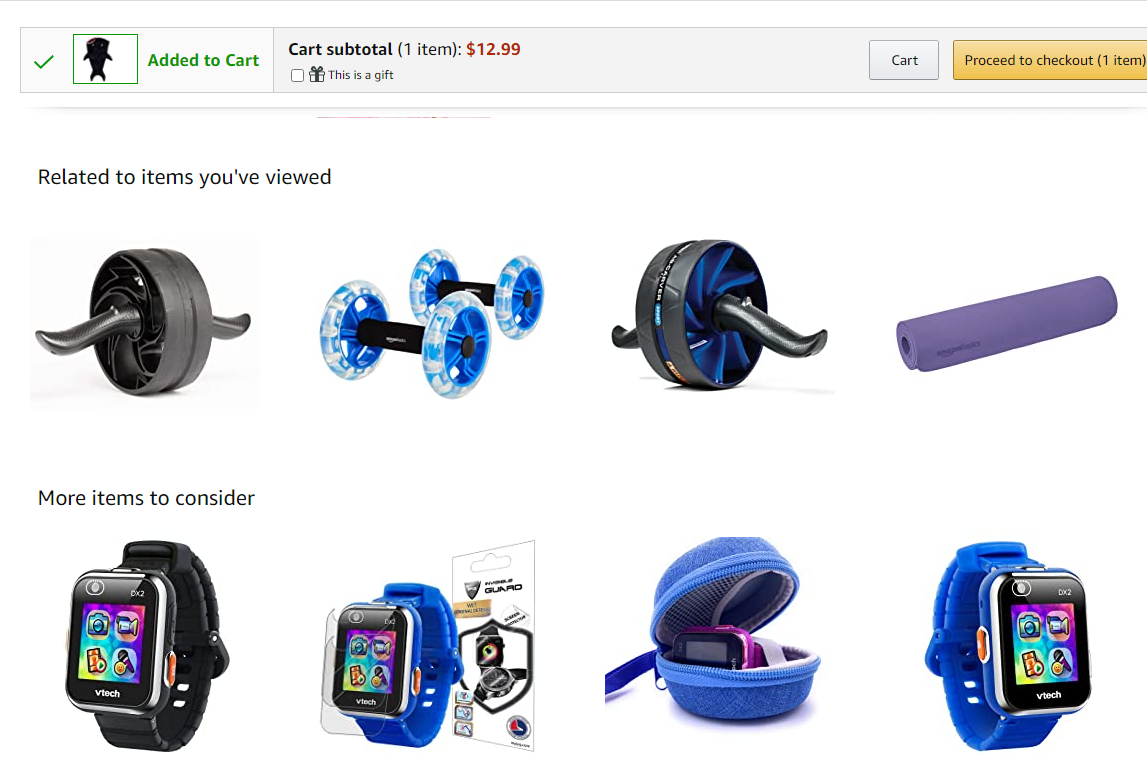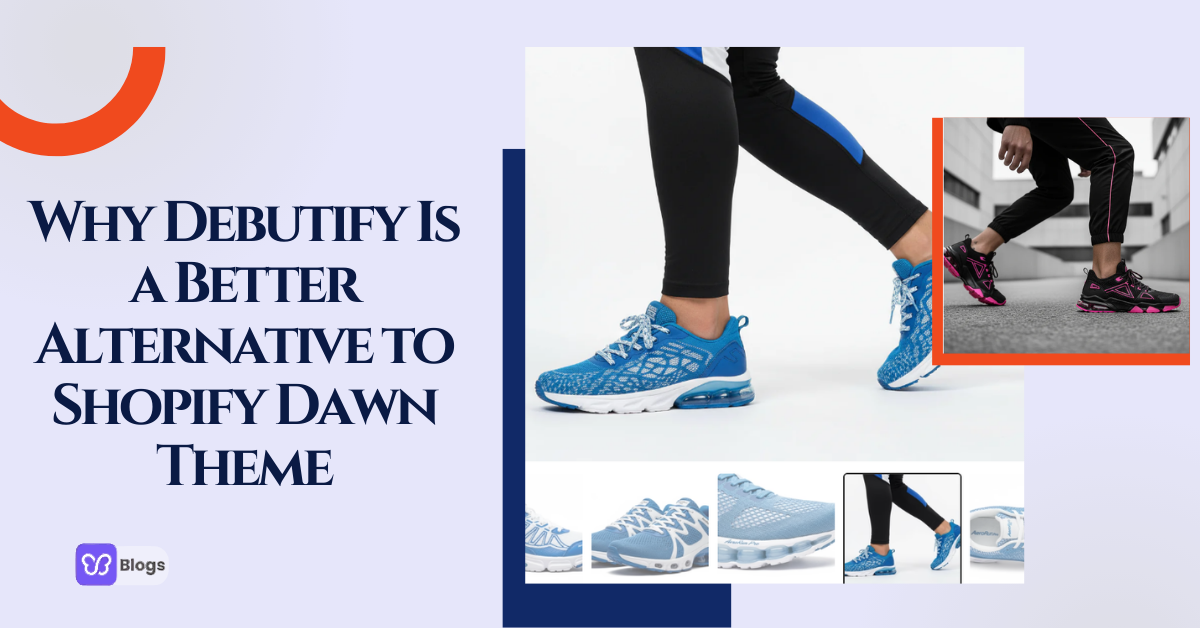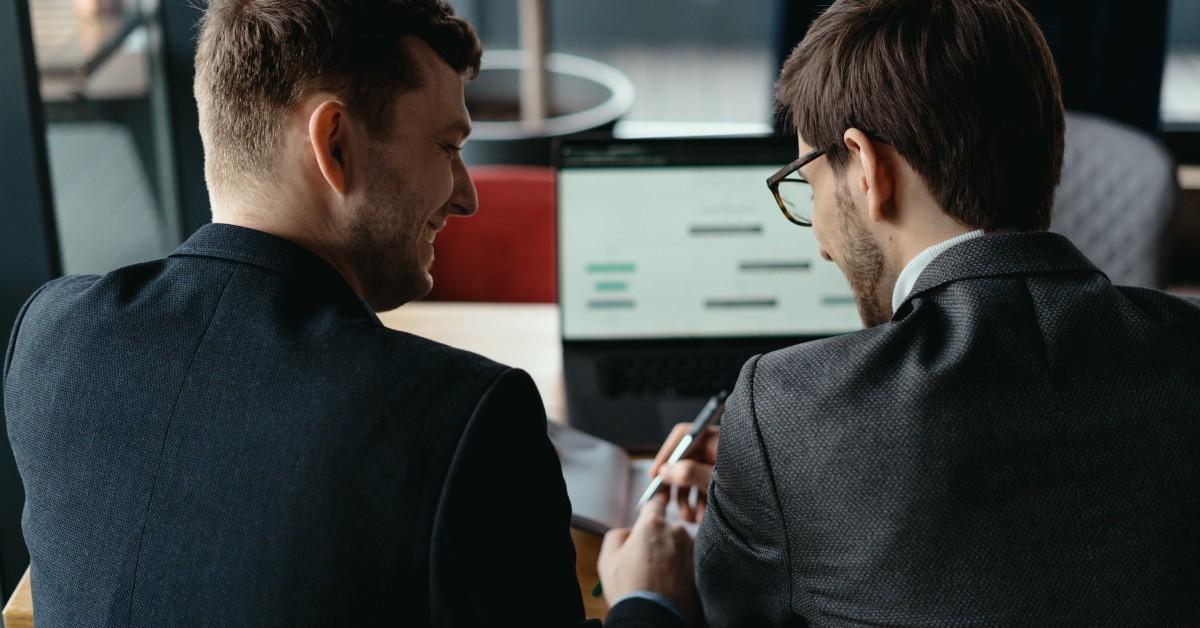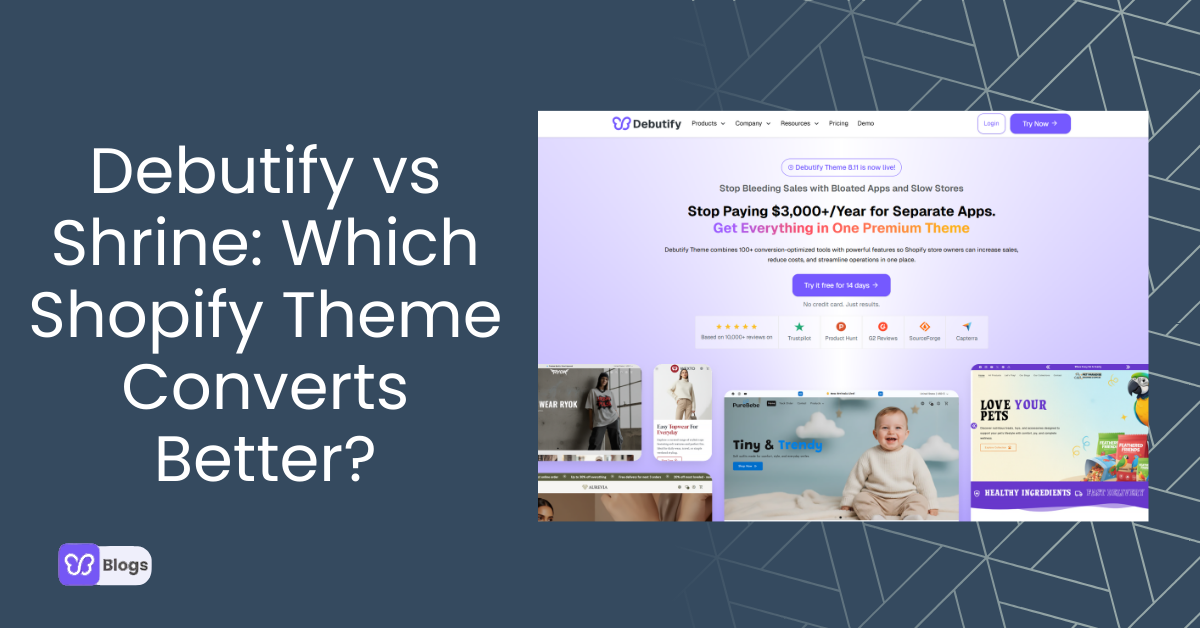Do you know what your biggest blessing is?
Repeat buyers. I'm talking about those who purchase from your store repeatedly for their needs.
Ever wonder what causes them to choose you over others?
The simple answer is trust.
Once customers get what they want from your store, they start trusting you.
There are three reasons why building trust is essential for you.
First, you get the chance to increase your revenues through repeat sales. ???
Second, the probability of selling to existing buyers is up to 70% more than selling to new prospects.
Third, you can suggest upgrades to a purchase (upsell).
I know what you're thinking...
Upselling?! That sleazy salespeople's technique they use to sell us stuff we don't need?!
Sadly, it's true sometimes (I once had an agent trying to sell me a child seat upgrade for $500). ?
But...
A targeted offer made at the right time is likely to have a huge success rate.
This will also have a significant impact on your business's bottom line - only if you know how to upsell without being sales-y.
What is upselling? Why upsell? How to do it right? All of this and a lot more are right here in this article.
Here's what I have in store for you in today's post:
- What is upselling, and why is it so important for your business?
- Difference between upselling and cross-selling
- Types of upselling (post-purchase/pre-purchase)
- The rules of upselling
- How to upsell without being pushy
- How to upsell your customers the right way (real-life examples)
Don't worry! This outline won't take forever to cover - only if we start right away…
What Is Upselling (Why It Is Important For Your Business?)

Upselling is when you encourage customers to buy a more expensive version of the product.
For example, if you run a cleaning business, you can ask customers to buy the premium plan instead of the basic one.
While for those who have software as a product, you can offer add-ons to increase their order size.
Using smart upselling tactics, owners can increase their average order value. But as I always say, it's about your customers. Not you.
So, all your upselling strategies will go in vain if customers don't get the right value in return.
For example, offering a battery as an upsell will benefit your buyer if they're buying a battery-operated toy robot from you. ?
It's all about offering the right upsell at the right time.
But why make so much effort when there are trillions of strategies to boost sales? Why upsell?
With Upsells, You Can Build Deeper (Long-Lasting!) Relationships With Your Customers
Upselling is a win-win for you and your customers. When you upsell, you're not only trying to increase your order value but also help your customers out.
When customers receive value, they'll appreciate your efforts. It won't look like a hard-selling strategy if your customers are happy in the end, right?
Upselling Is Cheaper And More Effective Than Customer Acquisition
Selling to your existing customers is easier than finding new customers.
In fact, you have a chance to convert only 20% of new customers.
But the potential of converting your existing customers is up to 70%. This is huge...
I am sure you now have a clear idea of what upsells mean in ecommerce. Many people confuse cross-selling with upselling. Here's a quick explanation of the differences…
Upselling vs. Cross-selling
When you upsell a product, you offer the premium variant of the same product.
Cross-selling means encouraging customers to buy different (related) products.
When you buy a cellphone from a store and a sales lady asks you to purchase a screen protector - that's cross-selling.
Which is better? I'd say both.
Upselling and cross-selling are both integral parts of customer value marketing strategy.
They both improve the shopping experience on your site.
But how and when you use them makes all the difference.
There are three ways you can use upselling to add value to your customer's journey.
What are those ways? How can you use them to your advantage?
Head over to the next section to find answers to these...
Types Of Upselling Explained!
What I love about the upselling technique is it is quite versatile.
You can upsell before, after, or even during the selling process.
Most owners upsell before a sale. For example, they display recommendations at the bottom of their product pages or in the sidebar.
This is called pre-purchase upsells.
Some use them during a process. For example, they display relevant product add-ons or upgrade suggestions on the cart/checkout pages.
Then there are post-purchase upsells.
Post-purchase upsells allow buyers to add new things to their existing orders. This type of upselling happens when a buyer has completed their initial order.
The idea here is to display recommendations between the checkout and thank you pages. This will enable customers to make the most of their current purchases.
Now, why are post-purchase upsells more profitable?
Post-purchase upsells are great for three reasons:
1. They don’t disrupt the initial order;
2. They add to your average order value;
3. They add to your conversions.
What more could you ask for…
Learn how to upsell if you want to:
- earn more from your current customers
- build relationships with your buyers
- increase your customer’s lifetime value
Not sure where to start?
Don't stop reading now. By the end, you’ll be able to create your very own profit-boosting upsell strategy.
How To Upsell Without Being Pushy? Tips for Successful Upselling!
1. Personalize
Personalizing feels like you're directly connecting with your customers.
Customers will only trust your recommendations if they're research-based. Why would they trust you if they know you know nothing about them?
Check out this research by Accenture that they conducted recently.
According to it, buyers are more likely to buy from a brand if:
- they call them by their name
- they know their buying history
You can keep track of both these things if you know how to use your data correctly.

(Source)
Speaking of price...
2. Price It Right
If your upsells cost way more than your buyer's willingness, they're not going to buy them.
Pricing them right is the best you can do to benefit from them.
The pricing depends on many things. For example, the type of products you offer to your customers. What income group are you offering your upsells to?
If your customers are on a low budget, they would consider your upsells if it allows them to save a few bucks.
Sometimes the most cleverly priced upsells are too expensive for your audience.
So, it depends.
Your goal should be to set a price that targets your customers. Also, it should be relevant to your offers.
Up next is...
3. Align It With Your Customer’s Needs
Ditch your cookie-cutter upsell right away if you want to benefit from it.
All your customers are different because they have different needs.
Let's suppose you have three packages, say, silver, gold, and diamond. The silver plan allows 5 employees, the gold plan allows 10 employees, and the diamond plan allows 20 employees.
If your customer has 5 employees, it makes no sense to upsell them gold or a diamond package.
How to make sure your upsells are aligned with them?
Get into your customer's heads and determine what they're thinking. Then design your upsell packages for different audiences.
Now, if you have the best upsells on the planet, please don't force them on your customers. Here's how?
4. Don’t Be Too Pushy
Upsells are profitable. Every owner wants to sell expensive products to its customers.
But you can’t force your customers to decide based on what you want.
I was once checking out a website where I got upsell recommendations right after landing on the homepage.
I mean, how can you ask someone to invest in upsells when they’re not even ready to buy anything from the store?
That’s where the right timing steps in...
Always show your upsells at the right time - preferably when your customers are ready.
Sometimes upselling doesn’t work, no matter how hard you try. That’s when you should consider down-selling your products. After all, nothing is valued more than keeping a customer.
Here’s how it works:
5. Consider Downselling
Sometimes customers want to buy a product in a specific price range. Some people add products to their carts and then go back to find affordable alternatives.
What should you do when you have such customers on board?
Let them leave or offer something that fits into their budgets and needs?
Down-sell.
You can down-sell products that are cheaper and come with more or less the same features. This way, you’d be able to make a sale (the customer was leaving otherwise).
Also, your customer will feel happy to find something good in their price range.
Clever, right?
Wondering how your favorite brands use upsells to their advantage? Let's find out...
Mastering The Art Of Upselling (Brands That Nailed It!)
1. Grammarly
Grammarly is one of the most useful tools for students, teachers, and freelance writers.
It offers 3 plans for its users, Free, Premium, and Business.
All three packages include basic spelling and grammar check features. But they also upsell add-ons by offering different clarity, correctness, and engagement features.
They also send frequent reminders through emails and ask users to upgrade to their premium plans.

2. Booking.com
Booking.com offers discounted deals on hotel reservations, travel bookings, and more.
You can also find out their amazing upsell deals while searching for budget rooms and suites.
3. Amazon
Amazon truly knows how to play safe with its upselling strategy. They send their upsell recommendations immediately after you add products to your carts.

So...
Are You Ready To Upgrade Your Store With In-Cart Upselling?
Upselling, when done correctly, can do wonders for your business.
But that must not be your only aim. It's always important to consider customer experience. Remember, customers always come first.
While creating your upsell strategy, keep these two rules in mind.
1. Make one offer (that too based on your customer's needs)
2. Price and time it right!
Need help? Use Debutify's Cart Upsell add-on to activate and configure upsells in your cart.
Use Debutify’s ‘Cart Upsell’ Add-On To Up Your Upselling!
14-Day FREE Trial. No Credit Card Required. Download Now.







